Constitutions of the Socialist Republic of Vietnam from 1946 to the present
Constitutions of the Socialist Republic of Vietnam from 1946 to the present
According to Section 5 of the General Education Program for History promulgated under Circular 32/2018/TT-BGDDT, some of the Constitutions of the Socialist Republic of Vietnam from 1946 to the present include:
Constitution of 1946: This is the first Constitution of the Democratic Republic of Vietnam, reflecting the characteristics of a newly independent nation. This Constitution affirmed the country's independence and sovereignty, as well as human rights and basic democratic rights.
Constitution of 1959: This Constitution was promulgated during the period when the country was fighting against the American invasion. The 1959 Constitution supplemented and refined several aspects compared to the 1946 Constitution, especially emphasizing the leadership role of the Communist Party of Vietnam.
Constitution of 1980: After the country was fully unified, the 1980 Constitution was enacted with the aim of building a modern socialist society. This Constitution included adjustments to accommodate the new situation of the country.
Constitution of 1992: This Constitution marked a new stage in the country's renovation process. The 1992 Constitution included significant adjustments to facilitate socio-economic development.
Constitution of 2013 (Currently in Force): The current Constitution of our country, promulgated in 2013, is an inheritance and development of previous Constitutions. The 2013 Constitution reflects the extensive renovation of the country in line with the trend of international integration.
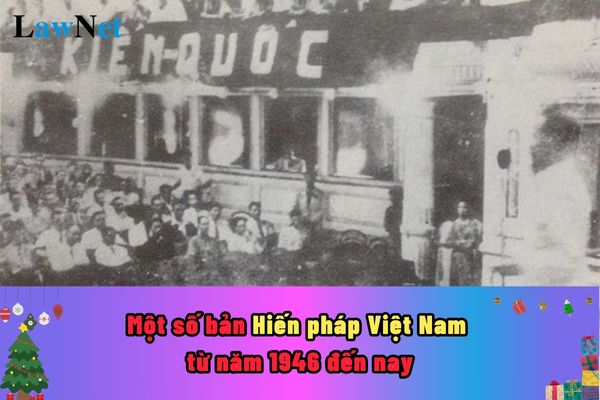
Constitutions of the Socialist Republic of Vietnam from 1946 to the present (Image from Internet)
What is the subject whose curriculum includes contents regarding the Constitutions of the Socialist Republic of Vietnam from 1946 to the present?
Under Section 5 of the General Education Program for History promulgated under Circular 32/2018/TT-BGDDT, the contents regarding the Constitutions of the Socialist Republic of Vietnam from 1946 to the present are specified as follows:
Main content in the 10th-grade History curriculum in the specialized section includes:
Constitutions of the Socialist Republic of Vietnam from 1946 to the present
Some common points of the Vietnamese Constitutions from 1946 to the present
- The context of the birth of the Vietnamese Constitutions: the years 1946, 1959, 1980, 1992, and 2013
- Some common points of the Vietnamese Constitutions
The first Constitution of Vietnam: the Constitution of 1946
- Some main contents of the Constitution of 1946
- Historical significance
Constitution of the renovation period: Constitution of 1992 and Constitution of 2013
- Constitution of 1992: The first Constitution of the renovation period
- Constitution of 2013: The second Constitution of the renovation period
Students are required to achieve the following:
- Be able to identify common points regarding the context of the birth of the Constitutions in Vietnam from 1946 to the present (1946, 1959, 1980, 1992, and 2013): significant political, economic, social, and cultural changes associated with a developmental phase of national history.
- Analyze some main points of the Vietnamese Constitutions: legal basis for constructing the legal system, organizing the state's operational machinery, etc.
- Identify some main contents of the Constitution of 1946: acknowledgment of the August 1945 Revolution's achievements, citizens' equality and obligations, political system structure, etc.
- Analyze the significance of the Constitution of 1946 - the first Constitution in Vietnam's history.
- Identify some key features of the Constitution of 1992: promulgated during the early years of the Doi Moi reform, an important political-legal foundation for implementing the Doi Moi reforms, etc.
- Analyze new points of the Constitution of 2013: advancement in democratic ideas, state structure, constitution-making techniques, etc.
- Cultivate respect for the nation's constitutional history, and develop responsibility and readiness to advocate for others to comply with the law.
Thus, according to the regulations, the Constitutions of the Socialist Republic of Vietnam from 1946 to the present are taught in the 10th-grade History curriculum.
What are the specific capabilities required after completing the History curricula at the upper secondary level in Vietnam?
Under Section 4 of the General Education Program for History promulgated under Circular 32/2018/TT-BGDDT, the specific capabilities required after completing the History curricula at the upper secondary level in Vietnamare as follows:
* Required Capabilities
The History curriculum helps students develop historical capabilities based on basic and advanced knowledge of world, regional, and Vietnamese history through a system of themes and topics on political, economic, social, cultural, and civilizational history. Historical capability consists of components such as understanding history; historical awareness and thinking; applying knowledge and skills learned.
The specific manifestations of historical capability are presented in the following table:
| Component Capability | Manifestation |
| UNDERSTANDING HISTORY | - Identify types of historical documents; understand content, exploit, and use historical documents in the learning process. - Reconstruct and present orally or in writing the sequence of events, characters, historical processes from simple to complex; identify historical events in specific time and space. |
| HISTORICAL AWARENESS AND THINKING | - Explain the origins, and dynamics of historical events from simple to complex; outline the development process of history diachronically and synchronously; compare similarities and differences between historical events, explain causal relationships in the historical process. - Offer personal comments, assessments on historical events, characters, and processes based on historical awareness and thinking; understand historical continuity and change; think in different directions when considering, evaluating, or seeking answers about an event, character, historical process. |
| APPLYING KNOWLEDGE AND SKILLS LEARNED | Draw historical lessons and apply historical knowledge to solve practical life issues; on that basis, have the ability to independently discover historical issues, develop creative capacity, able to access and process information from different sources, have a sense and capacity for lifelong learning of history. |

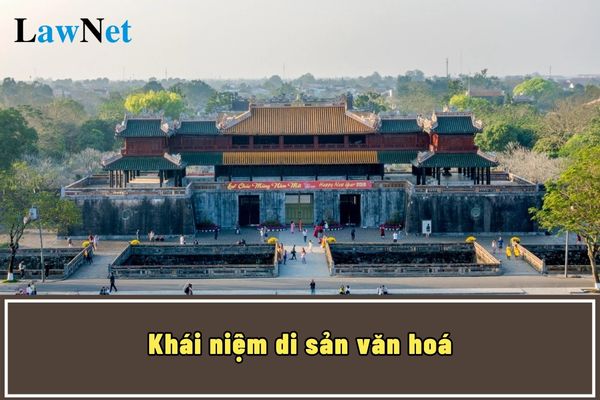
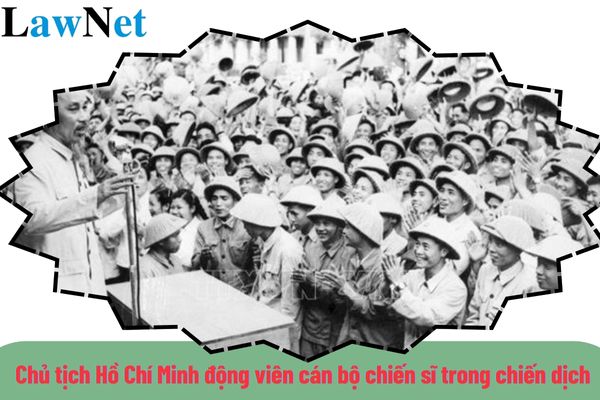

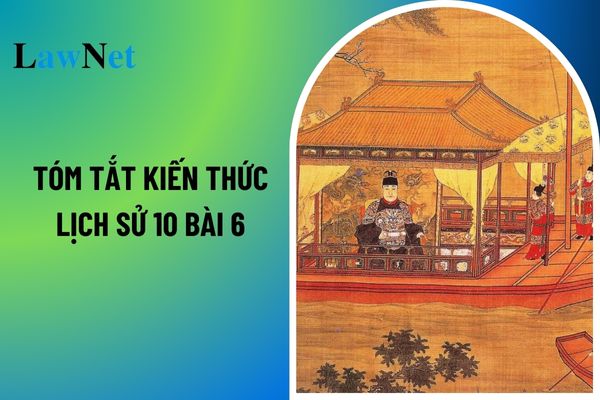
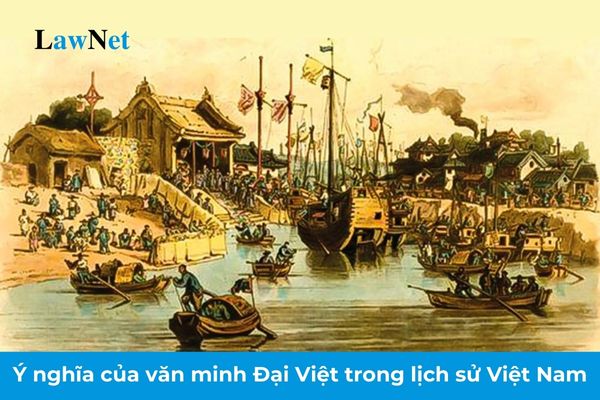
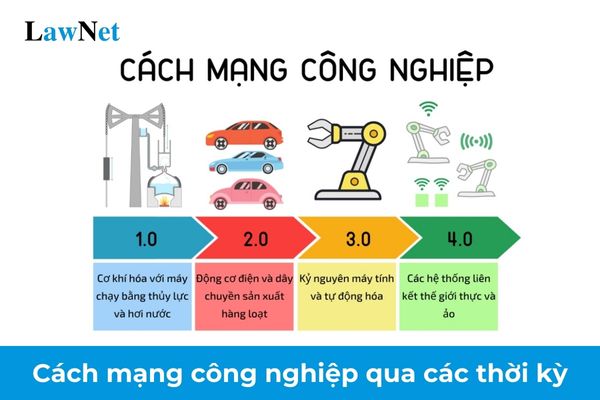
- What is the law on light reflection? What are details of the law on light reflection?
- What is the schedule of the AFF Cup 2024 (ASEAN Cup)? What are activities for physical education and sports in vocational education institutions in Vietnam?
- What is the schedule for the AFF Cup 2024 matches of the Vietnam National Team? Are students who are athletes in Vietnam eligible for a special exemption from high school graduation requirements?
- Vietnam: What are the guidelines for analysis of the poem "Tiến sĩ giấy"? What is the regulatory age of students entering lower secondary education?
- What is the location of Vietnam International Defense Exhibition 2024? Are students of all educational levels granted leave to visit the Vietnam International Defense Exhibition?
- What is the formula for calculating population density in Vietnam? What is the population density?
- Vietnam: What is the sample parent-teacher conference scenario at the end of the first semester of primary education? What are the regulations on the organization of parent committees?
- Vietnam: What is the sample outline for an essay on the analysis of the excerpt "The Last Leaf"? What are the assessment levels for learning results in the school year of 8th-grade students?
- What is the unit of power? When do students in Vietnam study the unit of power?
- What is the guidance for children to tell the story "Chuyện bốn mùa"? What is the age of students entering 2nd grade in Vietnam?

